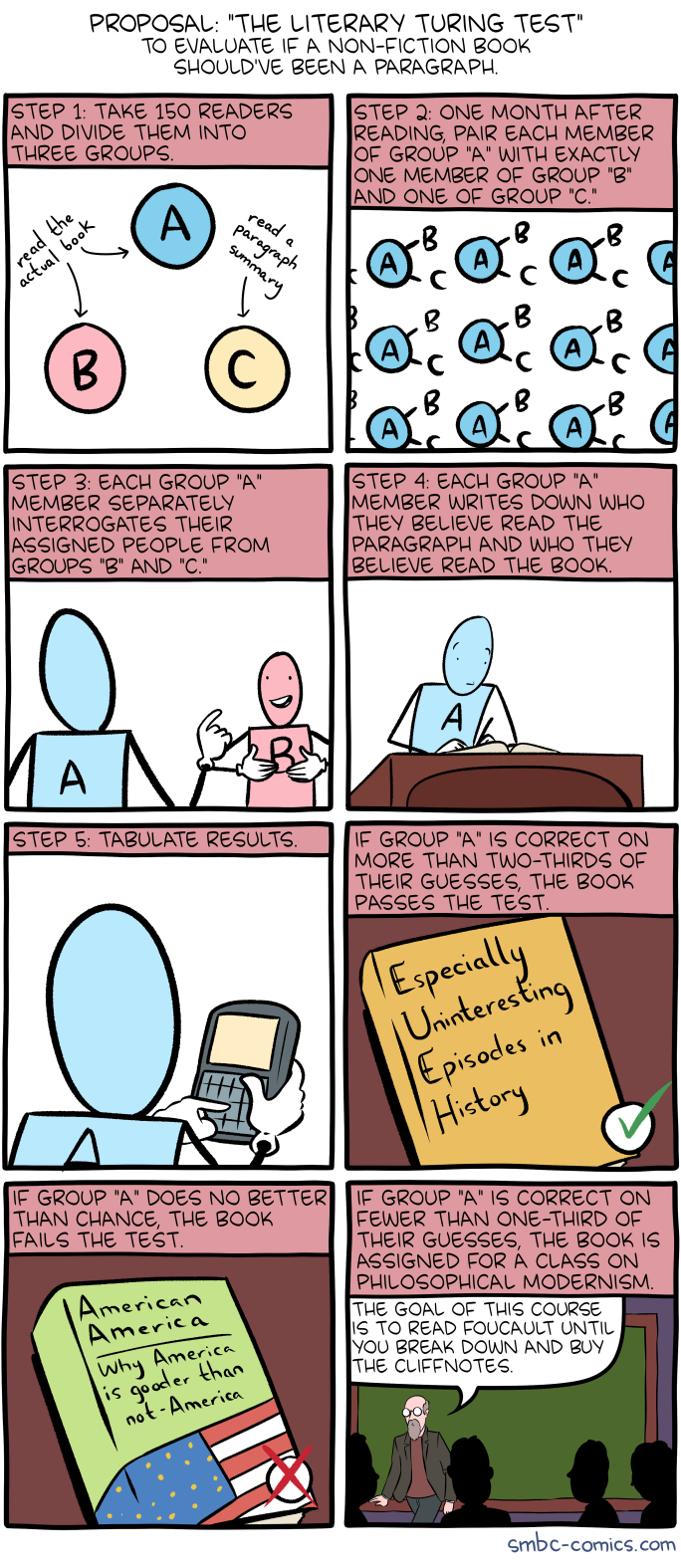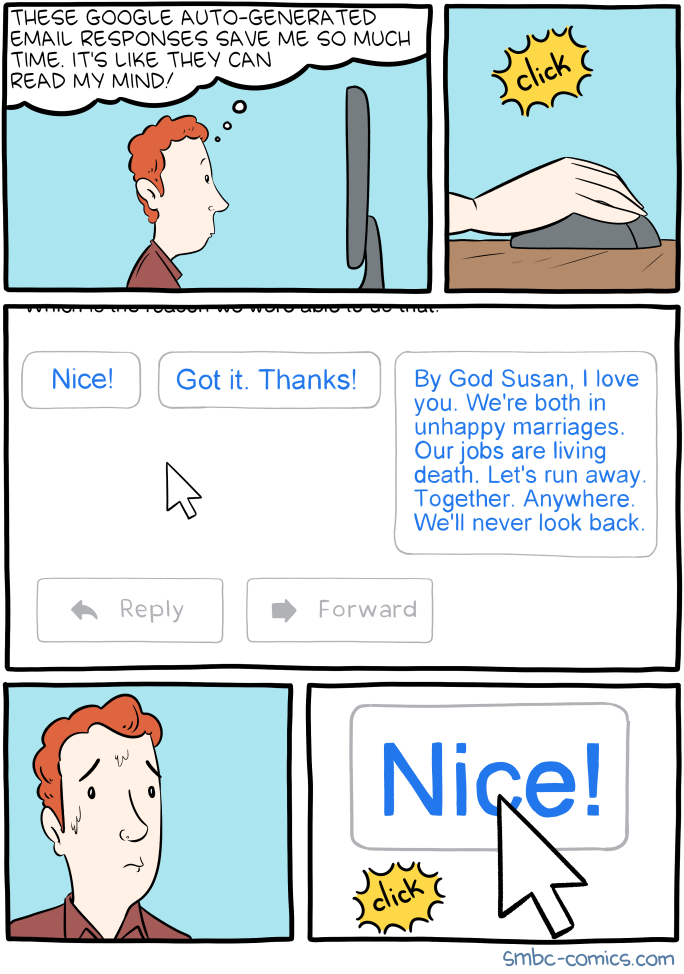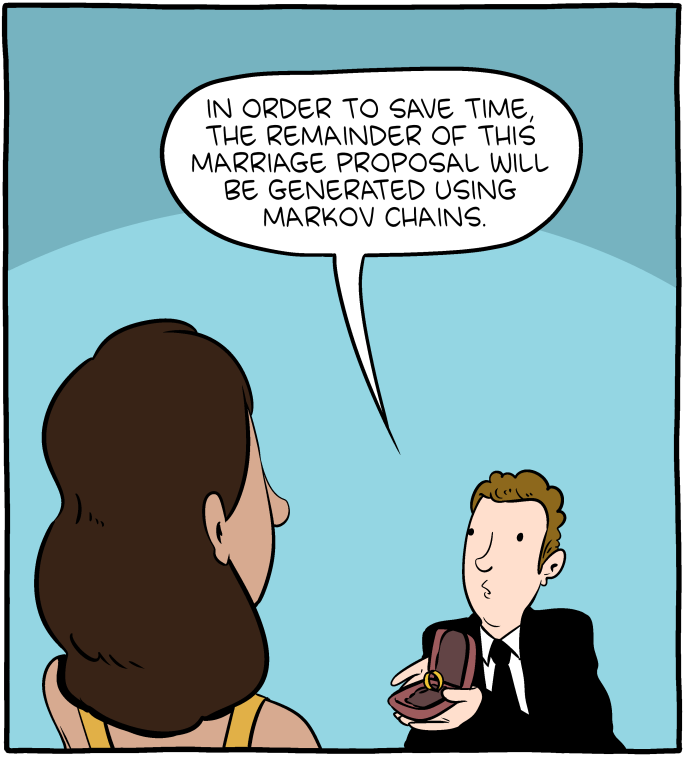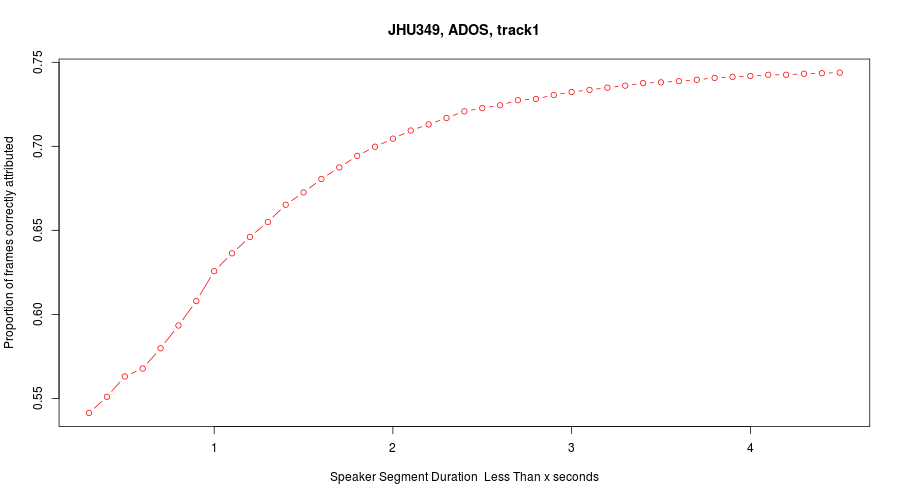The first conversing automaton
An article I'm writing led me to wonder when the idea of a conversing automaton first arose, or at least was first published. I'm ruling out magical creations like golems and divine statuary; brazen heads seem to have either been magical or created using arcane secrets of alchemy; I don't know enough to evaluate the legend of King Mu and Yen Shih's automaton, whose conversational abilities are not clearly described in the texts I've found.
There are many early documented automata doing things like playing music, and plenty of enlightenment philosophizing about what human abilities might or might not be clockwork-like, so I would have thought that there would be plenty of fictional conversing automata over the past four or five hundred years.
But apparently not: it's possible that the first real example was as late as 1907 or even 1938.
Read the rest of this entry »



